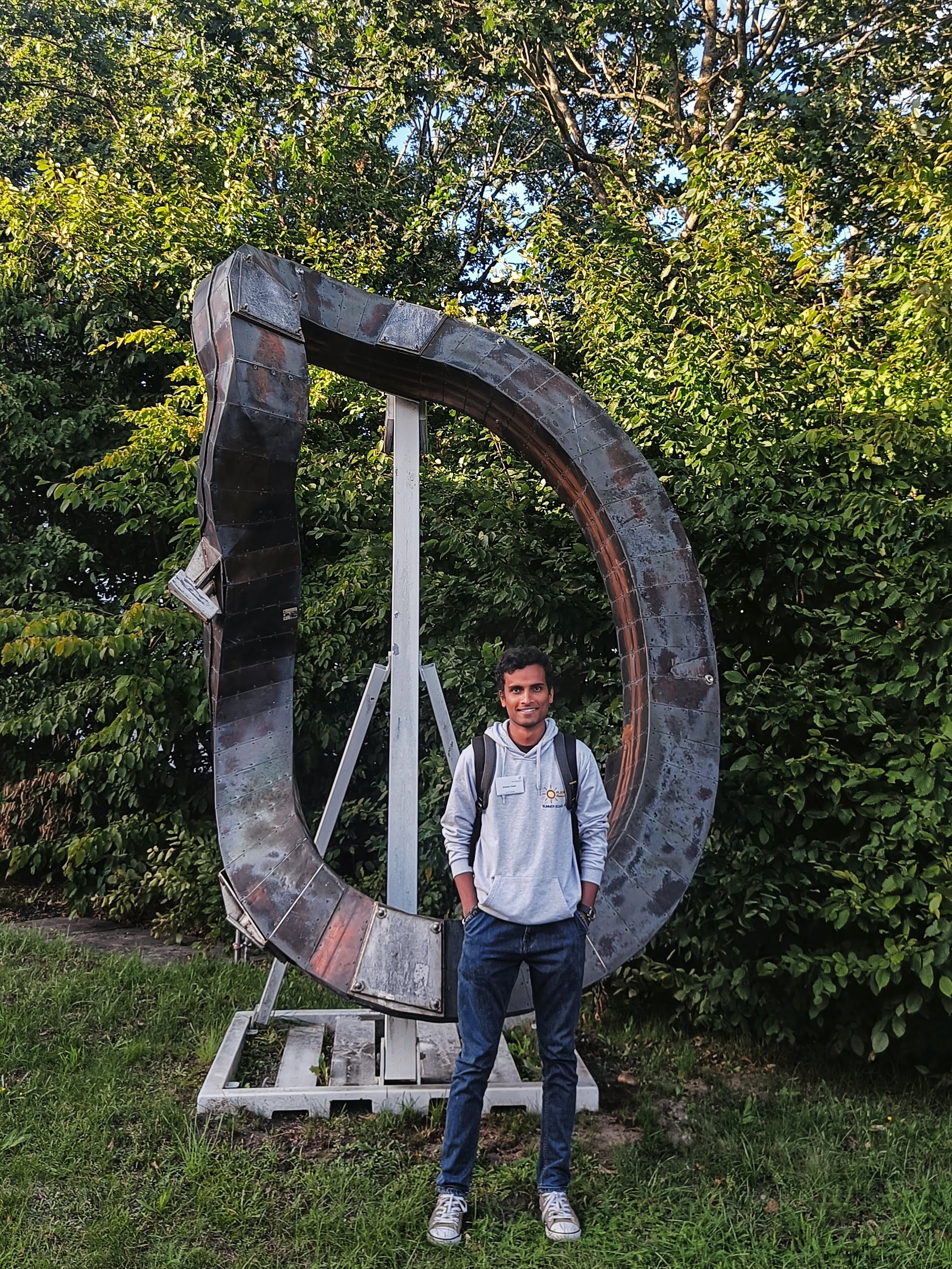In the lush green fields of a rather simple-looking German city lives one of the world’s largest and most sophisticated scientific experiments that is trying to solve the world's energy needs. I am talking about the Wendelstein-7X experiment at the Max Plank Institute for Plasma Physics (IPP) at Greifswald, Germany and I am one of the few people that had the opportunity to visit such a facility.
Providing 7+ billion people with a reliable energy source is an arduous task in itself, let alone a clean and green source. Besides that, we always hear about the dreadful stories of climate change and its harsh impacts on our planet but there is only so much that conventional energy sources can bring to the table. This inspired a curiosity in me to learn more about alternative sources of energy and that is how I was first introduced to the idea of nuclear fusion. I consider myself grateful for having the opportunity to attend the IPP summer school 2022 and witness the real-life cutting-edge research done by scientists and engineers in fusion devices. This summer school at IPP helped me in cultivating a research-focused approach toward sustainability problems and equipped me with the knowledge of recent trends happening in the field of magnetic confinement, and operational fusion devices such as tokamaks and stellarators along with the introduction of alternative technologies to this alternative sources of energy. The lectures on the challenges faced by such devices gave me an idea about the exact problem I would like to tackle in this field and have me a clear roadmap for going about a career in fusion research.
But that’s not all, I had the opportunity to connect with researchers coming from different fields and talk to them about their work and I had a great time connecting to my colleagues and listening to their stories and what made them inspired to learn more about plasma physics. A trip was also organised to Peenemünde where the world’s first man-made object to enter the frontier of space, the V2 rocket was developed. The trip to this historical site was breathtaking. The financial support from FuseNet to attend this summer school makes it even more appealing for those who might find it difficult to attend the lectures without proper funding. I would like to thank the Max Plank IPP for organising this summer school and the FuseNet organisation for their generous financial support.
I would recommend this summer school to anyone who dares to learn about the challenges faced by modern-day fusion devices and the steps that need to be taken to tackle them to be finally able to address the age-old question ‘Is nuclear fusion 30 years away?’ and help convert this alternative source to a conventional one!

